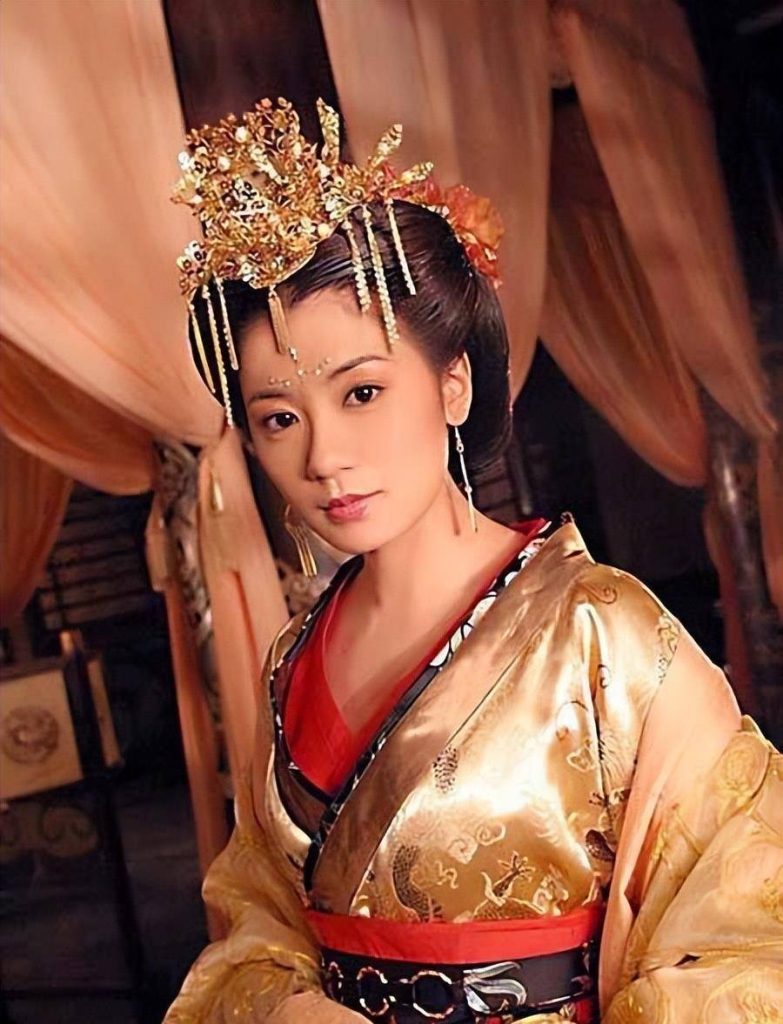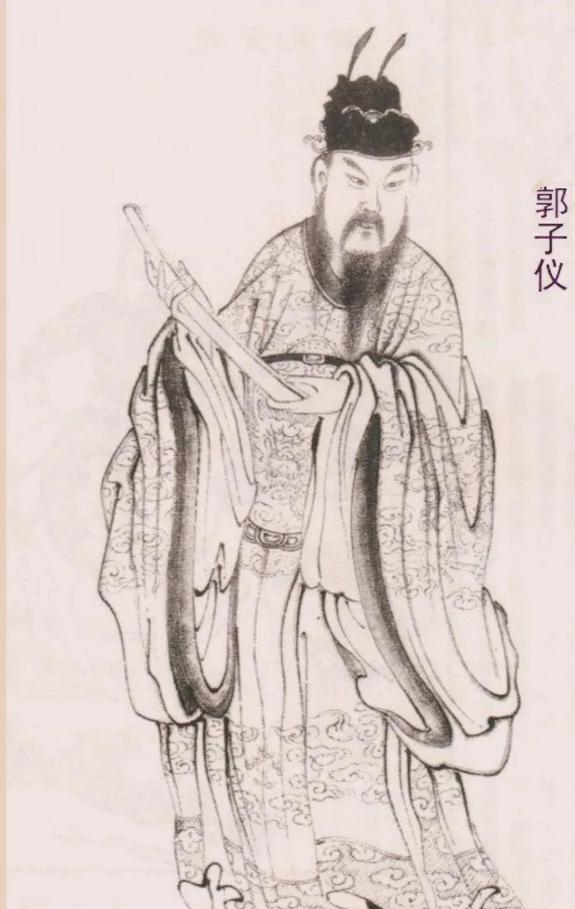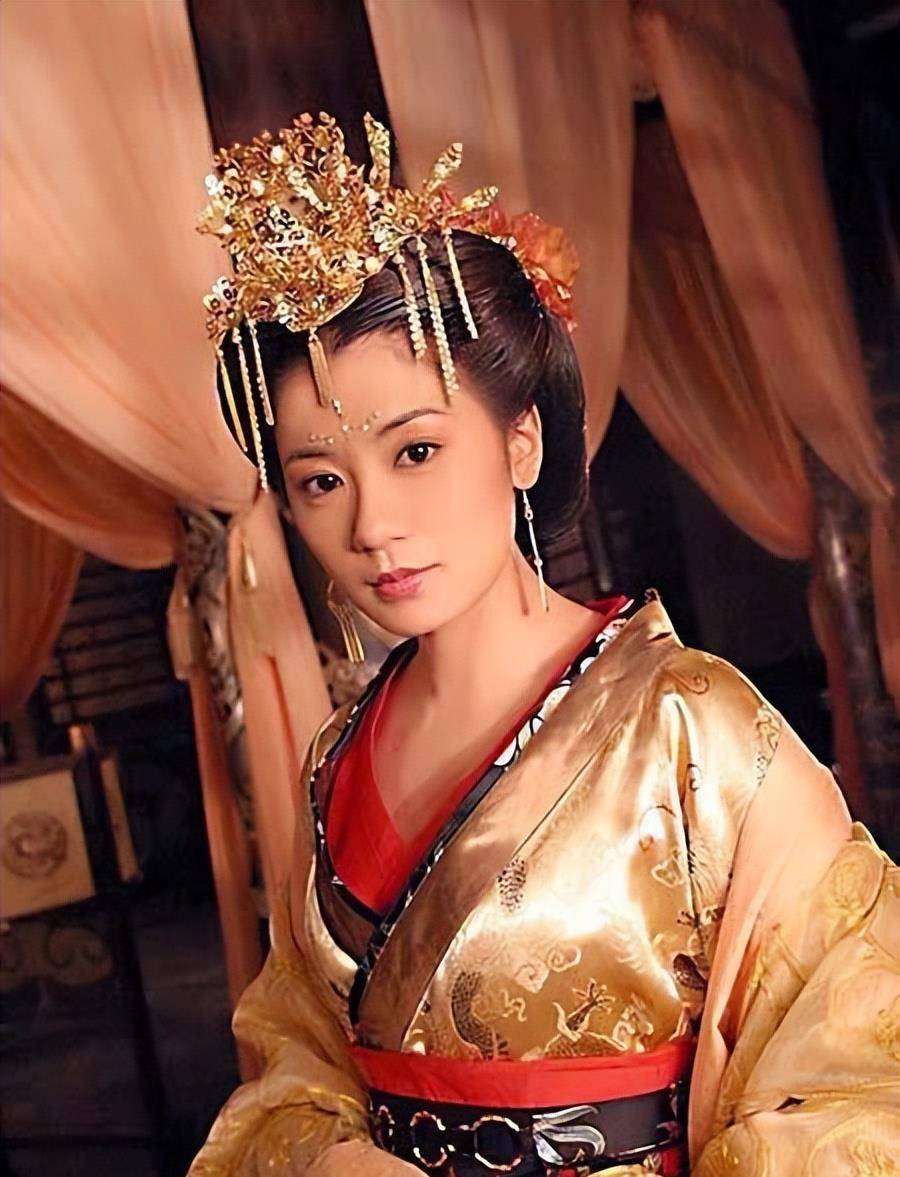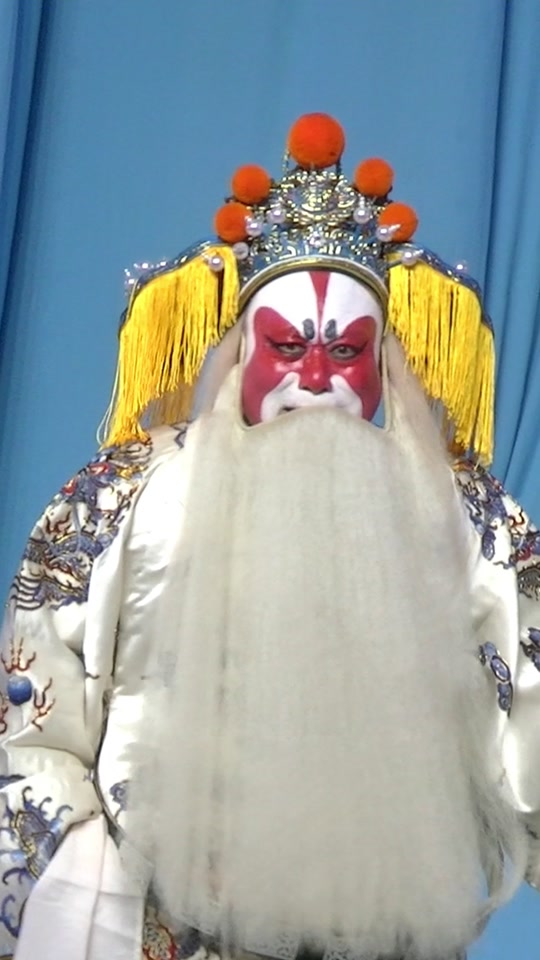Speaking of Cai E, friends who understand the history of the Republic of China are no strangers. This person is amazing. In his early years, he was a student of Liang Qichao, a teacher of Li Zongren, and Zhu De was once his subordinate. His lover was the well-known Xiaofengxian. General Cai E made indelible contributions to the awakening of New China, making numerous efforts and sacrifices. Unfortunately, he passed away at a young age and became the first person to enjoy a state funeral during the Republican era.

Cai E, born in 1882, was intelligent from a young age. At the age of 12, he became a scholar and was admitted to Changsha Shi Wu School at the age of 16. Liang Qichao was his teacher, and at the age of 17, he went to Japan to study. However, after returning from school, he found that studying could no longer change the fate of the country and the nation. In 1902, he went to Japan again and studied at the Japanese Army Officer School, becoming one of the “Three Heroes of Non commissioned Officers” of that era. Why study at a military academy again? General Cai E believed that at that time, China did not lack intellectuals, but lacked excellent soldiers. Therefore, he wanted to be a soldier who could save China, take the lead, establish the defense line of China at that time, and resist foreign aggression. So, his life was without party or group, and some people may think that his life was “fickle”, but it only revolved around one core. He supported what was beneficial to the country and opposed what was detrimental to it.
After graduating from the military academy and returning to China, General Cai E served as the principal of a military academy in Guangxi for five years, providing numerous military talents for the later Anti Japanese War. Among them was General Li Zongren, who commanded the famous “Taierzhuang Campaign”. Li Zongren once recalled General Cai E’s blunt statement: “We respect him as if he were a god“
General Cai E not only established military academies to train a large number of military leaders, but also played a significant role in the struggle for national awakening. On October 10, 1911, the Wuchang Uprising fired the first shot of the Xinhai Revolution. Following that, on October 30, General Cai E launched an uprising in Yunnan, overthrowing the local government and responding to the Wuchang Uprising, which had a different significance from the Wuchang Uprising. Because at that time, the generals of the Wuchang Uprising were equivalent to squad leaders, platoon leaders, and company commanders, while General Cai E was different. He was a deputy commander with the rank of commander-in-chief, and the impact of the revolution was actually more crucial. Later, he worked hard to govern Yunnan, which revitalized the revolutionary atmosphere in Yunnan, but also alarmed the warlord Yuan Shikai at that time.

Perhaps everyone doesn’t know that the person behind the initial support for Cai E to study at a military academy in Japan may have been Yuan Shikai, so General Cai E still respected Yuan Shikai to some extent. After the Yunnan Uprising, Yuan Shikai was afraid of raising tigers as a threat, so he summoned Cai E to the capital and gently imprisoned him. On the surface, there is a great deal of courtesy and many positions have been granted, but in reality, it is a barrier to success. In fact, both of them had their own thoughts at that time. Yuan Shikai valued Cai E very much, and even in his mind, Cai E was the best candidate for the position of Army Chief. General Cai E’s future in Beijing was unknown, but he hoped to use Yuan Shikai’s hand to establish China’s modern national defense industry. However, Yuan Shikai disappointed him. Yuan Shikai proclaimed himself emperor, perhaps one of the reasons why everyone thought Cai E was “fickle”, because he signed his name in support of Yuan Shikai’s claim to emperor, but soon after, he rose up to attack Yuan and overthrow the imperial system, which also involved another figure – Xiao Fengxian. General Cai E was able to leave the capital smoothly and return to Yunnan to launch an uprising, thanks to the disguise of Xiaofengxian being intoxicated by disappointment.
After General Cai E successfully returned to Yunnan, he became the first general to rebel against Yuan Shikai. On December 25, 1915, he and his younger brother Tang Jiyao telegraphed the whole country, declaring Yunnan’s independence and expressing their support for the republic and opposition to the monarchy. Later, the two armies went to war. Despite Tang Jiyao’s lack of reinforcements and payment in the rear, he demonstrated outstanding military capabilities. Faced with nearly 100000 soldiers from the Beiyang Army, Cai E fought from January to March with less than 10000 troops, basically annihilating the main force of the Beiyang Army, the 7th Division. On January 27, 1916, Guizhou responded by declaring independence, and on March 15, Guangxi responded by declaring independence. On March 22, 1916, Yuan Shikai abolished the monarchy and passed away on June 6.
When fighting against the Beiyang warlords, General Cai E’s body could no longer hold on due to tuberculosis and long-term fatigue. However, as the spiritual leader of the resistance against Yuan at that time, he could not fail. Therefore, after the war ended, he resigned from all positions and did not seek any benefits. Subsequently, General Cai E traveled to Japan for treatment, but he was already critically ill and passed away on the morning of November 8, 1916, in Fukuoka, Japan at the young age of 34. On April 12, 1917, his body returned to his hometown with honor. The Beiyang government held a state funeral for him on Yuelu Mountain in Changsha, and General Cai E became the first general in the history of the Republic of China to be buried by the state.
Although General Cai E’s life was short, he selflessly served the country, devoted himself to national awakening, and hoped to establish a modern national defense for China at that time. However, in the end, he was envious of talented individuals and, due to various reasons, did not achieve full success. If he had not passed away early, perhaps China today would be another process. Anyway, General Cai E is a national hero worthy of admiration and commemoration by future generations. May today’s prosperous era be as he wished.



